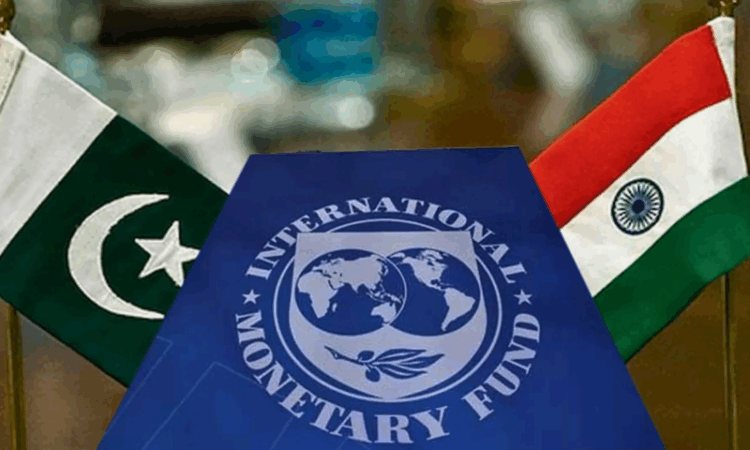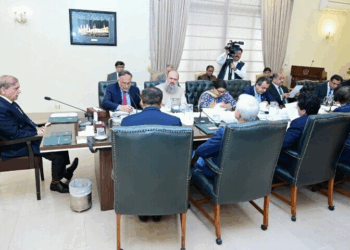Islamabad, May 9, 2025: In a significant diplomatic and financial breakthrough for Pakistan, the Executive Board of the International Monetary Fund (IMF) on Friday approved two loan packages totaling $2.3 billion, including a new $1.3 billion Resilience and Sustainability Facility (RSF). The decision comes despite India’s unsuccessful attempt to block the approvals during the board meeting—marking a symbolic setback for New Delhi amid escalating regional tensions.
The IMF has greenlit A $1 billion second tranche under Pakistan’s ongoing Extended Fund Facility (EFF), and A new $1.3 billion RSF programme, to be disbursed over the next 28 months.
The approvals follow a staff-level agreement reached two months ago, after Pakistan’s economic team—led by Finance Secretary Imdad Ullah Bosal and Finance Minister Muhammad Aurangzeb—pushed through key fiscal reforms. Deputy Prime Minister Ishaq Dar also played a pivotal role in rallying political consensus, particularly in introducing long-delayed agriculture income tax laws in Sindh and Balochistan.
According to IMF documentation, Pakistan has committed to a series of structural reforms, including imposing a carbon levy from July 2025, increasing water usage charges starting next year, and launching a feasibility study to phase out Special Economic Zones (SEZs) by 2035.
Additionally, Islamabad agreed to refrain from issuing supplementary grants and will continue its fiscal consolidation strategy aimed at reducing public debt while maintaining space for social and development spending.
Despite India holding only 2.7% voting power at the IMF, New Delhi reportedly lobbied to block the loan approvals, citing political and security concerns linked to ongoing hostilities between the two countries. However, the move was overruled by the broader IMF board—a second diplomatic setback for India this week, following reported losses of fighter aircraft in clashes with Pakistan’s Air Force.
The IMF’s endorsement signals international confidence in Pakistan’s economic trajectory and comes as a financial lifeline at a time of heightened geopolitical uncertainty. The country has been reeling from economic challenges, exacerbated by external debt pressure, climate-related shocks, and rising regional tensions following recent cross-border hostilities.
The $1 billion disbursement will be made immediately, while the remaining $1.3 billion under the RSF will be released in phases, contingent on ongoing reforms and quarterly reviews.
Pakistan’s successful securing of the IMF packages amid political and diplomatic headwinds is expected to stabilize its foreign reserves, restore investor confidence, and strengthen its international standing—particularly in contrast to India’s aggressive regional posture.







